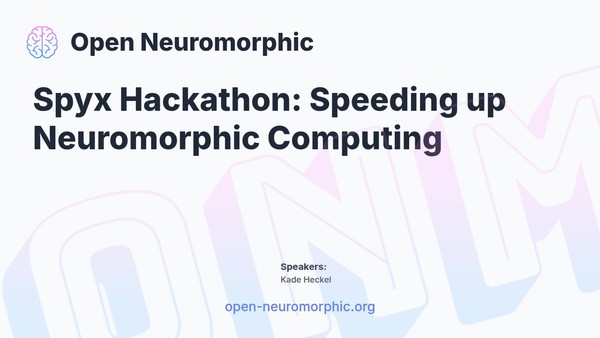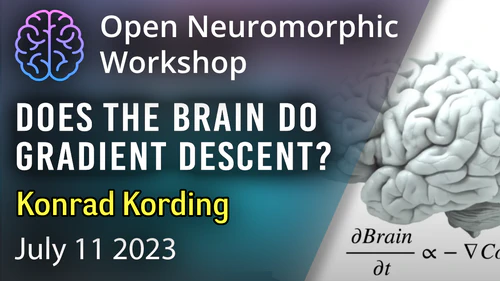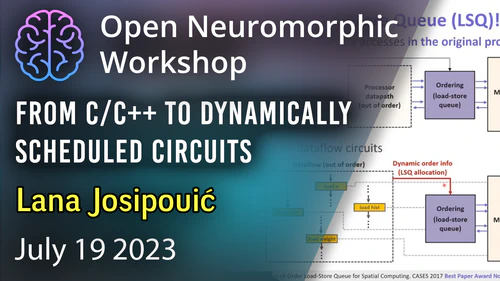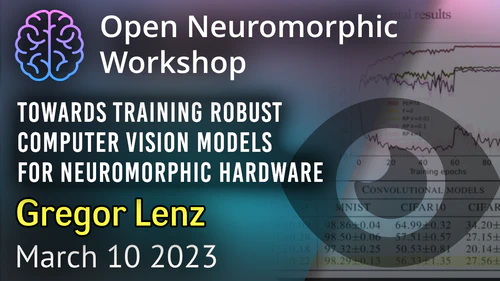Join us on December 13th for an exciting Spyx hackathon and ONM talk! Learn how to use and contribute to Spyx, a high-performance spiking neural network library, and gain insights into the latest developments in neuromorphic frameworks. The session will cover Spyx’s utilization of memory and GPU to maximize training throughput, along with discussions on the evolving landscape of neuromorphic computing.
Don’t miss this opportunity to engage with experts, collaborate on cutting-edge projects, and explore the potential of Spyx in shaping the future of neuromorphic computing. Whether you’re a seasoned developer or just curious about the field, this event promises valuable insights and hands-on experience.
Agenda:
- 18:00 - 19:00: Spyx Introduction
- Dive into Spyx, its features, and how to contribute
- Hands-on session: Explore Spyx functionalities and tackle real-world challenges
- Q&A and collaborative discussions
- 19:00 - 20:00: Hackathon
- Collaborate on cutting-edge projects and explore the potential of Spyx
- Q&A and collaborative discussions
Speakers:
- Kade Heckel
Note: The event will be hosted virtually. Stay tuned for the video link and further updates. Let’s come together to push the boundaries of neuromorphic computing!

Upcoming Workshops
No workshops are currently scheduled. Check back soon for new events!
Are you an expert in a neuromorphic topic? We invite you to share your knowledge with our community. Hosting a workshop is a great way to engage with peers and share your work.
Inspired? Share your work.
Share your expertise with the community by speaking at a workshop, student talk, or hacking hour. It’s a great way to get feedback and help others learn.


